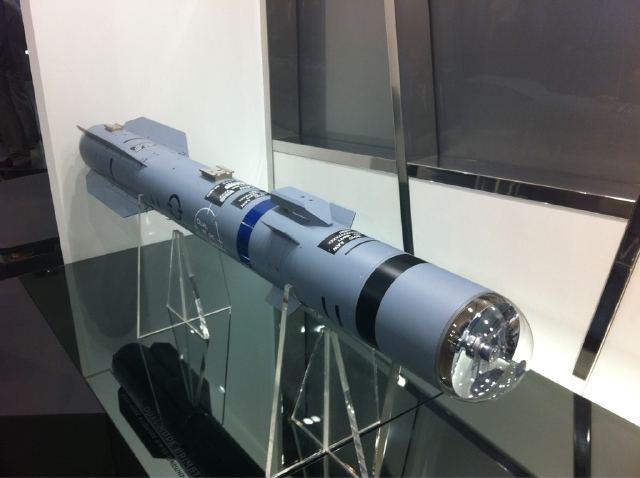I was very struck in the early days of this horrific period of violent attacks in Palestine and Israel, by the use of the word 'quiet' as a goal for the Israeli government. They wanted to restore quiet - meaning in their case preventing missile launches from Gaza. As Quakers, quietness is assumed to be a good thing - a state, a place from which and in which insights and a sense of the divine can grow and flourish. But a quiet that is the result of forcible subduing is a very different matter.
On a smaller scale, I recall a discussion some years ago of people preparing for an act of peace witness. The group was predominantly Quakers, with a small number of non-Quakers joining us. As our discussion became a little heated, the Friend who was clerking/facilitating suggested a period of quiet. After a short while, one non-Quaker friend burst out with frustration; they felt that we were being told to shut up, that legitimate, if divergent, views were not being heard. Can Quakers use quietness in this way, even if unconsciously, more often than we realise?
Back to Palestine. In the Jewish writings Pirkei Avot we read
"Our Rabbis taught: ...The sword comes into the world, because of justice delayed and justice denied...". (see
http://en.wikipedia.org/wiki/Justice_delayed_is_justice_denied ) The MP David Ward got himself into hot water recently when he tweeted "The big question is - if I lived in #Gaza would I fire a rocket? - probably yes." (see:
http://www.bbc.co.uk/news/uk-politics-28424396) . Well, I'm not in Gaza and I don't condone violence. But if the silence of a Quaker-led meeting can lead to an outburst of anger, we have to acknowledge that prolonged and sustained, systematic injustice to a community will produce anger that will at times in its turn be violent. On its
website, the American Friends Service Committee states:
"...calling for an end to current violence is not enough. To truly make a difference, we must all work to see the situation clearly, identify the root causes of the violence, and work to transform the systems that are perpetuating injustice and death."I began reflecting on this theme some weeks before the current crisis took the terrible turn that it has. I intended to couple reflections on justice with some thoughts about joy. The poem below seems to be the best way of doing that. Joy is the natural expression of people living life, being happy in each others company. It's life-affirming quality is also probably why peace action very often includes joyful actions, from the music of very first Aldermaston marches to the current whirlwind of activity creating a glorious riot of
pink wool that in a short time will be used to draw attention to the continuing commitment by our country to developing weapons of mass-destruction. We can wail, we can weep ... but life is also for loving and laughing. By reminding the weapons-makers and military-planners of our common humanity, they are lovingly challenged to consider that they may well be seriously mistaken. Which is why we weep.
Say No to peace
(via
http://www.scarboromissions.ca/Scarboro_missions_magazine/Issues/2004/Feb_Mar/no_to_peace.php)
By Brian Wren
February/March 2004
Say "No" to peace
if what they mean by peace
is the quiet misery of hunger,
the frozen stillness of fear,
the silence of broken spirits,
the unborn hopes of the oppressed.
Tell them that peace
is the shouting of children at play,
the babble of tongues set free,
the thunder of dancing feet,
and a father's voice singing.
Say "No" to peace,
if what they mean by peace
is a rampart of gleaming missiles,
the arming of distant wars,
money at ease in its castle,
and grateful poor at the gate.
Tell them that peace
is the hauling down of flags,
the forging of guns into ploughs,
the giving of fields to the landless,
and hunger a fading dream.















